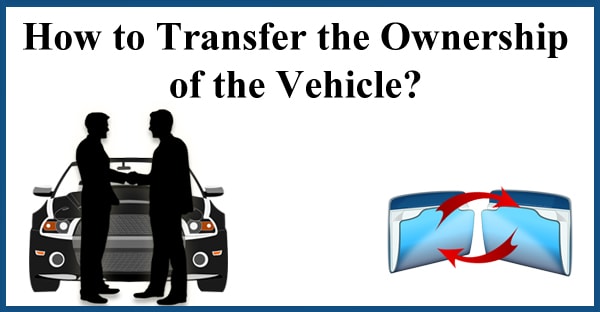We buy a vehicle for our comfort and to travel great distances, it also has become a basic necessity for individuals as the workplace are situated far from our home. Buying a vehicle can be costly for you which can take away a big chunk of your savings. There is the financing of the bike available which will provide you with a monthly charge as an EMI Amount for the amount of loan taken while buying the vehicle. The problem with EMI is that it charges you with the interest rate that makes the bike price to go higher which is not a favorable thing.
For those people who want a budget-friendly yet, a perfect vehicle can opt for buying for a second hand used a card which will be the same as the new one but was driven by some other owner before. There is a lot of second-hand dealers who sell these kinds of vehicles at a way cheaper prices than the market price. Some of the vehicles are just a month old with comparatively less price tag on it.
While buying the vehicle there is a proper procedure that provides you with the proof of the ownership of the vehicle and that document is can Registration Certificate or simply RC. When we are buying a second-hand vehicle we are obliged to transfer the existing RC in the name of the individual who is buying the vehicle. In this article, we will discuss the procedure of the transfer of the vehicle registration and documents required for it, etc.

Table of Contents
Documents Required for Transfer of Ownership
- Transfer of ownership in case of normal sale
- Form 29
- Form 30
Form I
- Certificate of registration
- Driving License or Aadhaar card as identity proof
- Certificate of insurance
- Certificate of pollution under control*
- PAN card (seller and purchaser) or Form 60*
- Chassis & Engine Pencil Print*
- Proof of Date of Birth of purchaser*
- Proof of address*
- R.C. Book
- Purchaser’s undertaking*
- Passport size photograph*
- Tax clearance certificate*
Form II
- A no objection certificate granted by the registering authority
- An order of the registering authority refusing to grant the no objection certificate; or
- Where the no objection certificate or the order, as the case may be, has not been received, a declaration by the transferor that he has not received any such communication together with—
- The receipt obtained from the registering authority
- The postal acknowledgment received from the registering authority where the application for no objection certificate has been sent by post.
- The receipt obtained from the registering authority
- The postal acknowledgement received from the registering authority where the application for no objection certificate has been sent by post.
Procedure for Transfer of Ownership
You can follow the following procedure to transfer the ownership of the vehicle-
- Fill the above mentioned forms and maintain a file
- Negotiate the Price of the sale and initiate the payments
- Now send the files to the RTO Office within 14 days of sale and in case if the buyer RTO is form other RTO then you are required to send a copy of document to that RTO as well.
- Now notify your insurance company about the transfer
- Request the buyer to send a copy of the New RC to you and attaché in the record of sale
Files to keep as a Record of Sale
Since the Vehicle is registered in your name, it is important to keep the vehicle documents as a proof of the sale. The following are the document required to keep as a record of sale-
- Form No.28 (Copy).
- Form No.29 (Copy).
- Form No.30 (Copy).
- Delivery note (Original).
- Govt. issued photo id of the buyer (Copy).
- Registration, RTO tax papers & insurance policy of the car (Copy).
- Invoice of the car (Original).
- Finance company NOC (if applicable & only a copy).
I’m Shiv Kumar, a graduate with a passion for finance, marketing, and technology. My journey into finance started with a desire to understand money management and investing.
Our main goal is to empower individuals through financial education. We believe that everyone should have the opportunity to build a strong financial foundation. Whether you’re a seasoned investor or just getting started, we provide articles, guides, and resources to help you navigate the financial landscape.
I invite you to join our community of financially savvy individuals. Feel free to ask questions, engage with our content, and explore the topics that matter to you. Together, let’s take control of our financial futures.




